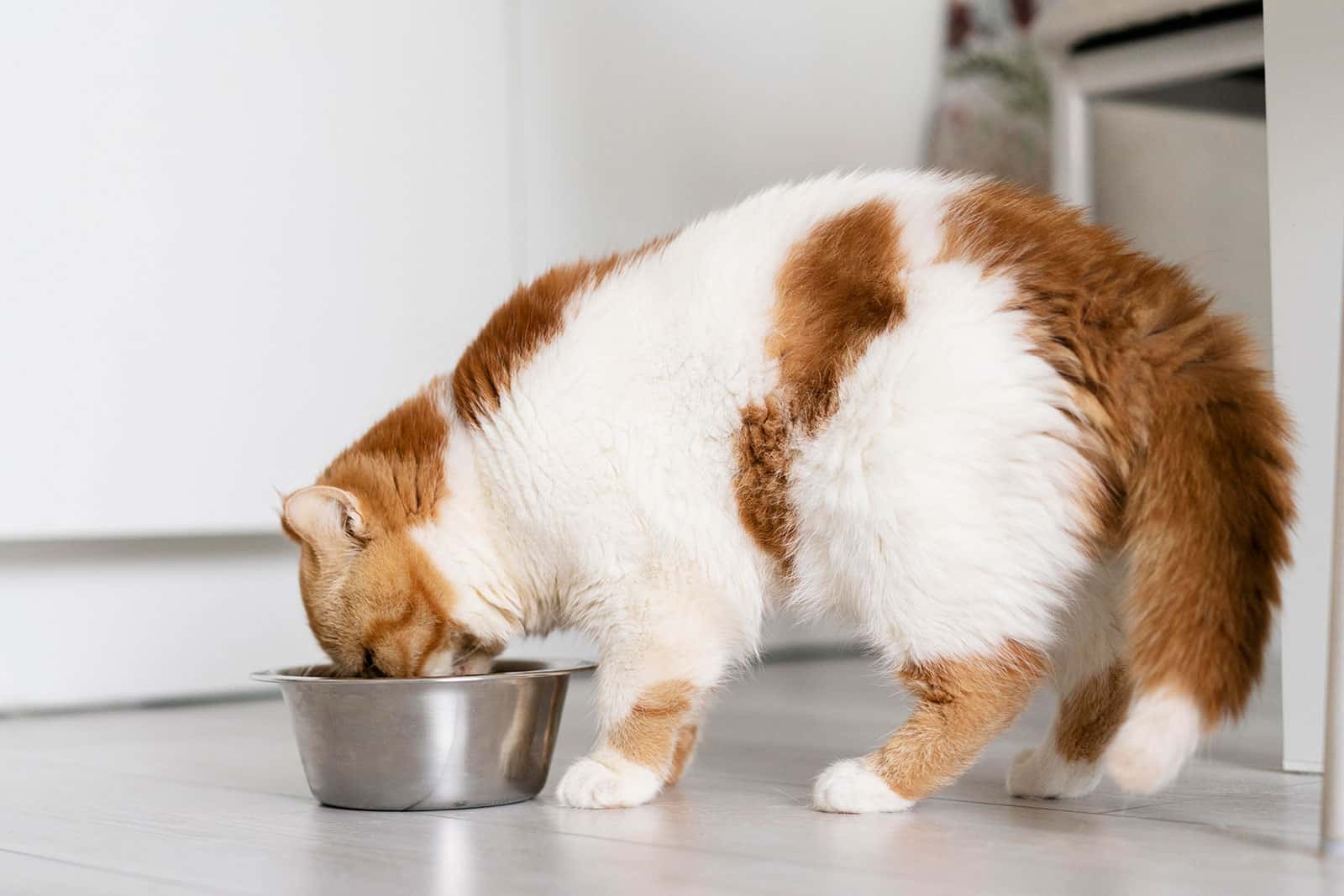Keeping your cat at a healthy weight: The right food for the right time

With so many cat foods and supplements available, it can be difficult to know which is the right choice when it comes to feeding your cat. As a pet parent, it’s important to understand how your cat’s nutritional needs change over time.
While your veterinarian is the best person to offer advice on your cat’s individual nutritional needs, we’ve created a helpful guide to cat nutrition throughout the life stages, from kitten to geriatric, to assist you.
Feeding Your Cat
In the cat food aisle at your local pet store, you’ll find commercial feeds formulated for each life stage. While you may think the main stages are kitten, adulthood and senior, there are in fact, six distinct stages in a cat’s lifetime:
- Kitten (0 to 6 months)
- Junior cat (6 months to 2 years)
- Prime cat (3 years to 6 years)
- Mature cat (7 years to 10 years)
- Senior cat (11 years to 14 years)
- Geriatric cat (15 years and older)
As your cat matures, their requirements for calories, protein, vitamins and minerals change, depending on their age, activity level and overall health. A yearly veterinary check-up is essential to ensure your cat’s nutritional needs are being met.
Cat Nutrition
Let’s take a closer look at each life stage and the role that correct cat nutrition plays.
Kitten Stage (0 to 6 Months)
During their first six months of life, your cute as a button kitten will rapidly grow and develop. A kitten-specific diet, high in calories and protein, will support their growth.
However, be careful that your kitten doesn’t become overweight. Every kitten matures at a different rate, so monitor their weight as they grow.
Junior Stage (6 Months to 2 Years)
It’s recommended that cats are spayed or neutered at 4-6 months of age. Following this procedure, it’s not uncommon for cats to gain weight.
Weight gain puts unnecessary strain on your cat’s joints, so it must be managed by adjusting your cat’s caloric intake and encouraging daily activity.
At 10-12 months of age, your cat is ready to transition to adult cat food, which contains less calories and protein than kitten food.
Prime Stage (3 Years to 6 Years)
Your cat has entered the prime of their life. You can continue feeding them a quality adult cat food that provides the correct ratio of protein, vitamins and minerals.
Protecting their joints at their peak is one of the best defences to avoid joint problems later in life. Speak with your veterinarian about 4CYTE™ Epiitalis® Forte Cat, to maintain your cat’s joint health for the years to come.
Mature Stage (7 Years to 10 Years)
The equivalent of middle age in humans, mature cats are more prone to weight gain and obesity that can lead to an array of health problems, including of the joints.
Providing your cat with a well-balanced diet and daily joint supplement, regular activity and veterinary care, are vital to keeping them happy, healthy and agile.
Senior and Geriatric Stages (11 Years+)
From the age of 11 onwards, the focus of your cat’s nutritional and veterinary care is on promoting longevity and quality of life. Feed a quality senior-specific cat food.
A lifetime of wear and tear on your cat’s joints may have reduced their mobility, so a joint supplement, such as 4CYTE™ Epiitalis® Forte Cat, is highly recommended.